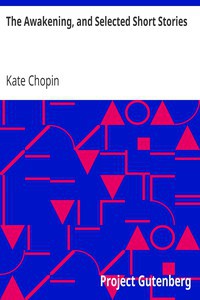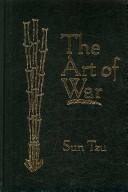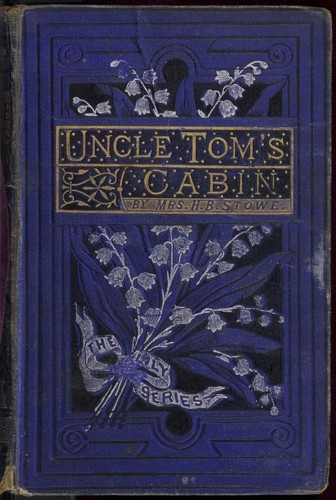Past Simple
[A2] Past Simple in English grammar teaches how to form the simple past with regular and irregular verbs, and how to use it in statements, negations, and questions. This module covers usage, rules, pronunciation, and common time expressions.
Purpose
The Past Simple is used to talk about finished actions and situations in the past. The time is understood as “before now,” and the action or state is complete. It is common when you say when something happened or when the sequence of events is clear from context.
Which sentence shows the Past Simple used for a finished action?
Time Markers
Past Simple often appears with finished-time expressions that point to a completed past period. These markers help listeners place the action at a specific past time or within a finished past timeframe. You can also use Past Simple without a marker when the past time is clear from the conversation.
Word/Phrase | Definition | Example |
|---|---|---|
Which time marker is a specific year in the past?
Regular Verbs
Most verbs form the Past Simple by adding -ed to the base form. Spelling changes happen with verbs ending in -e, verbs ending in consonant plus -y, and some one-syllable verbs that double the final consonant. The pronunciation of -ed can change, but the spelling is still -ed.
Irregular Verbs
Many common verbs have an irregular Past Simple form that must be memorized because it does not follow the -ed pattern. The Past Simple form stays the same for all subjects. Learning the most frequent irregular verbs quickly improves accuracy and comprehension.
Which is the Past Simple of 'go'?
Affirmative Form
Affirmative Past Simple uses the past form of the main verb: regular -ed forms or irregular forms. The verb form does not change with I, you, he, she, it, we, or they. Word order is the same as in the present: subject + verb + object or complement.
Which sentence shows the correct Affirmative Past Simple word order?
Negative Form
Negative Past Simple is formed with did not or didn’t plus the base form of the main verb. The main verb does not take -ed in negatives because did already shows past time. This pattern is the same for all subjects.
Rule | Example |
|---|---|
Questions
Most Past Simple questions use did plus the subject plus the base form of the verb. Like negatives, the main verb stays in the base form because did carries the past meaning. Wh- questions use a question word first, then did, then subject, then base verb.
Rule | Example |
|---|---|
Which is the correct question form in Past Simple?
Verb Be
The verb be is special in the Past Simple: it does not use did in negatives or questions. Use was with I, he, she, it and were with you, we, they. For questions, invert was or were with the subject; for negatives, add not after was or were.
Subject | Form | Example |
|---|---|---|
Which sentence uses the correct past form of be for 'they'?
Completed States
Past Simple can describe past states and repeated or habitual actions that are finished. It is common with stative verbs like know, like, want, and have when the meaning is a past state. For past habits, Past Simple often appears with frequency words or with time periods that are finished.
Which sentence describes a past state (not a current state)?
Narrative Sequence
Past Simple is the main tense for telling stories and describing a sequence of completed events. It helps you present actions in the order they happened, often one after another. This is frequent in anecdotes, news reports, biographies, and instructions about past events.
Which sentence shows a sequence of past completed events?

















